Next Generation RedHawks
There is a world of opportunities available for students to earn college credit while still in high school. Enrolling in a Dual Credit program can provide a head start not only on the college experience but also a path to completing a degree faster. This invaluable advantage comes with benefits including:


